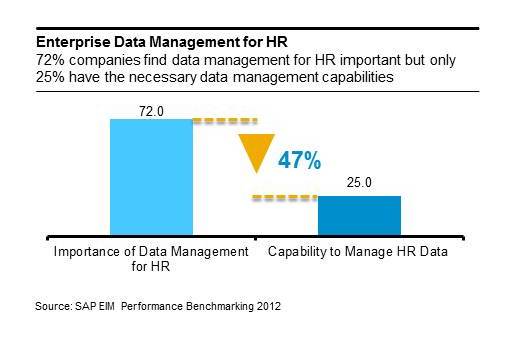Analysis by Rahul Gupta, SAP Performance Benchmarking
What can possibly be in common between the fastest racing cars of the world and the HR departments of organizations? As F1 cars speed around the racetrack, they produce voluminous amounts of data on vehicle performance characteristics: engine RPM, torque, lap times, speed, and so on.
Race strategy, pre-season testing, and race control all create and use data significantly. Although drivers can adjust many parts of the racecar, the true advantage comes from how race teams examine the large amounts of real-time data and match it with past data and predictive models to enhance performance and change race results.
Like F1, HR departments can use the large amounts of data created by employees to find what boosts productivity, engagement, innovation, and business performance. With this ‘people data,’ companies can create training, succession, leadership, and pay plans that target the right skills. The challenge for HR is to manage both structured data (like from enterprise systems) and unstructured data (such as from social media, email, etc.) to gain a clearer picture of their workforce.
SAP’s Performance Benchmarking group recently analyzed the results of companies with “high” vs. “low” maturity of their Enterprise Information Management initiatives for HR. The survey found that 72% of companies recognize the high importance of a strong data-management capability in HR, but only 25% have the capability in place.
As organizations look to win the race for talent, the management and use of structured and unstructured employee data by HR will go up. The challenge for HR departments will be the ability to correlate the HR and people data with business strategy execution to make the organization more successful. Or in other words, do their homework off the track to perform on the track like the great F1 teams.
SAP’s Performance Benchmarking program is a strategic service sponsored by our Value Engineering organization. Originally launched in 2004 the program has more than 12,000 participants from more than 4,000 companies and studies available in 12 languages. Participants receive—free of charge—customized and confidential benchmarking comparisons against industry peers as well as aggregate analyses. To participate in the SAP benchmarking program, go to the Value Management homepage.
